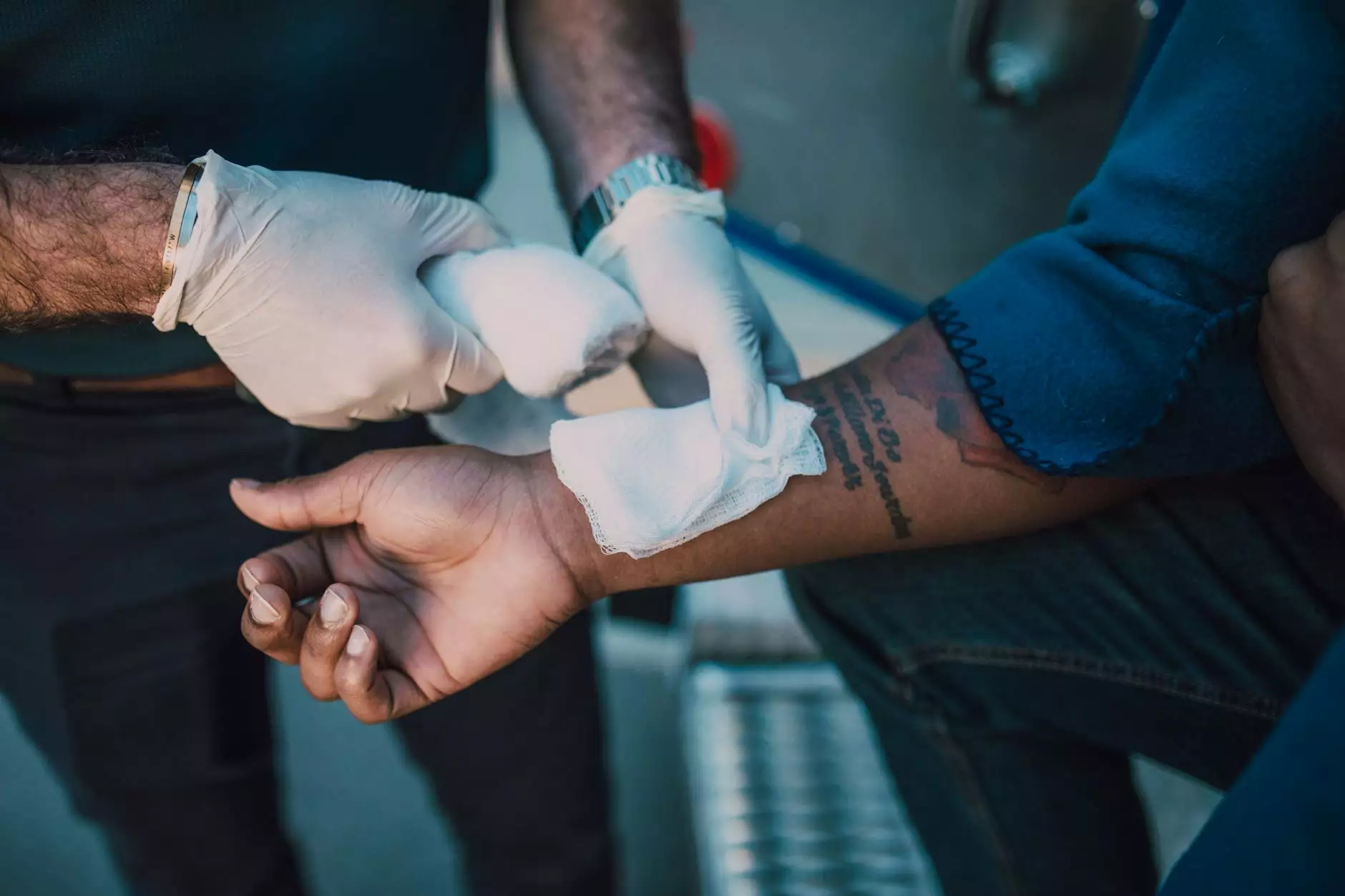Understanding Depression Clinics: A Path to Recovery

Depression is a debilitating mental health condition that affects millions of people globally. When left untreated, it can significantly impair an individual's quality of life. Fortunately, there are specialized facilities known as depression clinics that focus on helping individuals navigate through their struggles and emerge stronger.
The Role of Depression Clinics
Depression clinics offer a multitude of services designed to aid those suffering from various forms of depression. These clinics provide both inpatient and outpatient programs, catering to diverse needs based on the severity of the condition.
Types of Services Offered
- Psychiatric Evaluation: Comprehensive assessments to determine the severity of depression and tailor treatment plans accordingly.
- Individual Therapy: One-on-one sessions with licensed professionals to discuss personal challenges, feelings, and coping strategies.
- Group Therapy: Supportive environment where individuals share experiences and learn from each other.
- Medication Management: Monitoring and prescribing antidepressants that can help alleviate symptoms.
- Holistic Approaches: Integration of techniques such as mindfulness, yoga, and art therapy to promote overall wellness.
Why Choose a Depression Clinic?
Choosing to attend a depression clinic can often be the first step towards healing. These clinics are equipped with trained professionals who understand the complexities of mental health.
Expert Care
At a depression clinic, you are surrounded by experts who are dedicated to the field of mental health. Their expertise ensures that you receive comprehensive care tailored to your unique situation.
Safe Environment
Depression clinics provide a safe and supportive environment for recovery. This structure helps individuals to focus on their healing without external pressures.
Community Support
Being part of a community that understands your struggles can be incredibly therapeutic. Many clinics emphasize group therapy, thereby facilitating connections that foster recovery.
The Importance of Early Intervention
Early intervention is crucial when dealing with depression. It has been shown that the sooner individuals seek help from a depression clinic, the better the outcomes they can expect.
Benefits of Early Treatment
- Reduced Severity: Early treatment can prevent depression from escalating into more severe forms.
- Better Coping Strategies: Individuals learn effective coping mechanisms earlier in their journey.
- Improved Quality of Life: Timely intervention can lead to a quicker return to normalcy.
How to Choose the Right Depression Clinic
When selecting a depression clinic, consider several factors to ensure you receive the best care possible.
Accreditation and Licensing
It is essential that the clinic is accredited by relevant health authorities. This guarantees that they meet specific standards of care.
Specialized Programs
Look for clinics that offer specialized programs tailored to various forms of depression, including Major Depressive Disorder and Persistent Depressive Disorder.
Qualified Staff
Ensure that the staff includes licensed psychiatrists, psychologists, and licensed clinical social workers who specialize in mental health.
Reviews and Testimonials
Researching reviews and testimonials can provide valuable insights into the efficacy of the clinic's programs and the experiences of past patients.
Success Stories from Depression Clinics
Many individuals have found success and hope through the services offered at depression clinics. Here are a few inspiring examples:
Case Study 1: John’s Journey to Recovery
After battling depression for years, John finally decided to visit a clinic. With the help of individual therapy and medication management, he learned how to cope with his feelings and eventually returned to his passion for painting.
Case Study 2: Sarah’s Group Therapy Experience
Sarah attended a depression clinic and participated in group therapy. Sharing her experiences with others who faced similar challenges created a sense of belonging that significantly helped her recovery process.
Common Misconceptions about Depression Clinics
There are many misconceptions about seeking help at a depression clinic. Here we address some of the most common ones:
Myth 1: It’s Only for Severe Cases
Many believe that only individuals in severe crisis attend depression clinics. In reality, these clinics cater to all levels of depression and can provide beneficial support at any stage.
Myth 2: Treatment is Painful
Some may fear that treatment involves painful therapy sessions. However, most therapeutic practices are designed to be safe and supportive, focusing on healing rather than discomfort.
Myth 3: You Can’t Heal from Depression
This is perhaps one of the most damaging misconceptions. Many individuals achieve significant improvements in their mental health with the right support and treatment plans.
Conclusion: The Future of Mental Health Care
As mental health awareness continues to rise, the role of depression clinics becomes increasingly vital. These facilities not only provide treatment but also foster a community of support, understanding, and hope. If you or someone you know is struggling with depression, consider reaching out to a qualified depression clinic for assistance. The path to recovery is not only possible but also abundant with opportunities for a fulfilling life ahead.
For more information about depression clinics and mental health resources, visit mediglobus.com.



